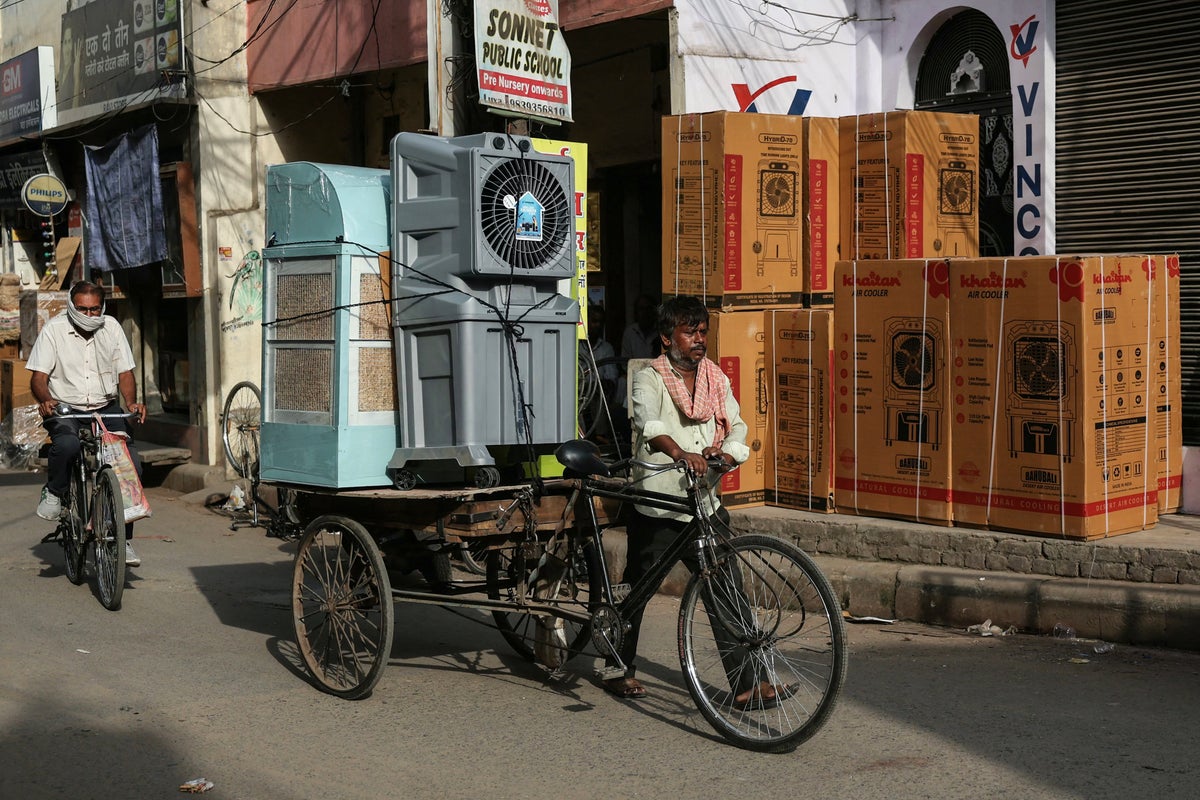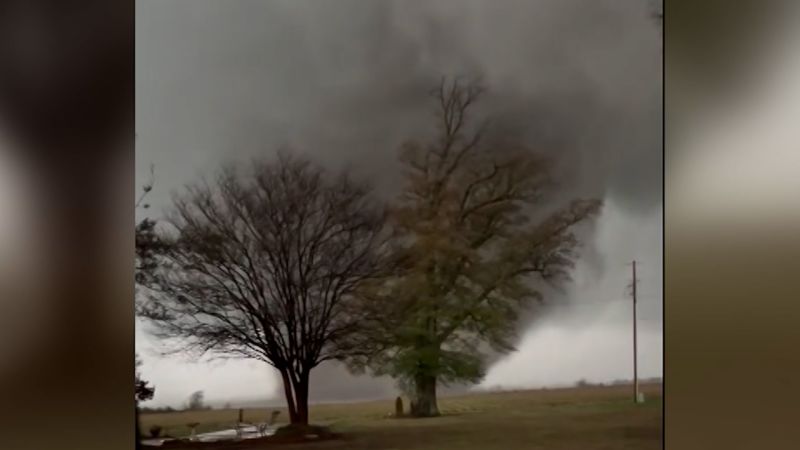
India is bracing for another summer of prolonged and deadly heatwaves , as its weather office warns of above-normal temperatures and significantly more days of extreme heat in many parts of the country from April to June. This year, states like Uttar Pradesh , Jharkhand , Chhattisgarh and Odisha could see up to 11 days of heatwaves, the Indian Meteorological Department (IMD) said. Heatwave days are defined as prolonged periods of exceptionally hot weather.
In many parts of central, northern and eastern India, there may be more heatwave days than the historical average, Mrutyunjay Mohapatra, the chief of IMD, said during a press briefing this week. "From April to June, most parts of north and east India, central India, and the plains of north-west India are expected to experience two-to-four more heatwave days than normal," he added. The warning follows what has already been an unusually warm start to the year.

February was among the hottest on record worldwide, as well as in India, putting wheat crops at risk with many states reporting minimum temperatures 1-3C above normal. In parts of western and southern India, including Mumbai , Goa and Karnataka, early-season heatwaves were already declared by the end of that month. India typically sees heatwaves between April and June, but rising global temperatures are shifting this pattern, making extreme heat arrive earlier and last longer.
In 2024, India recorded its hottest day ever at 50.5C in Rajasthan, and the country saw over 40,000 suspected cases of heatstroke . The health ministry officially attributed 143 deaths to the heatwave, but independent researchers say the real toll is likely far higher.
In February, officials warned that unusually high March temperatures could harm wheat, chickpea and rapeseed crops that are sensitive to heat stress . India, the world’s second-largest wheat producer, has already faced consecutive years of poor harvests, forcing export bans and increasing price volatility. "March is not going to be conducive for wheat," an IMD official said earlier this year, warning that grains could shrivel and ripen too soon.
The energy sector is also under strain. The rising use of air conditioners in homes and businesses during hotter months has led to a sharp spike in power demand. Experts now warn that electricity consumption this summer could surge by up to 10 per cent, risking blackouts.
A recent study from the University of California, Berkeley, found that India could face severe power shortages as early as next year unless it updates energy efficiency standards for cooling appliances. Doubling the efficiency of air conditioners could save consumers $26bn and prevent 60GW of excess demand by 2035, the report said. "ACs are becoming one of the biggest drivers of peak demand, and without intervention, we risk blackouts or costly emergency fixes," said Nikit Abhyankar, lead author of the study.
Experts have long warned that global warming is intensifying extreme heat events in India. A recent analysis by Climate Central found that February temperatures in Mumbai and Goa, which broke records this year, were three to five times more likely due to human-caused climate crisis. IMD chief Mr Mohapatra has previously cautioned that if greenhouse gas emissions are not reduced, heatwaves could become more frequent and severe.
"We are endangering not only ourselves, but also our future generations," he said last year. The rising risks have led some states to roll out heat action plans and emergency protocols, including early warning systems, hydration centres and adjusted school hours. But many experts say India’s response is still piecemeal and underprepared, especially as climate extremes intensify.
"Summers are expanding. Winters are shrinking. The cycles have shifted," said Mahesh Palawat, vice president of Meteorology and Climate Change at Skymet Weather.
"And what we are seeing now is the impact of that shift unfolding in real time.".















